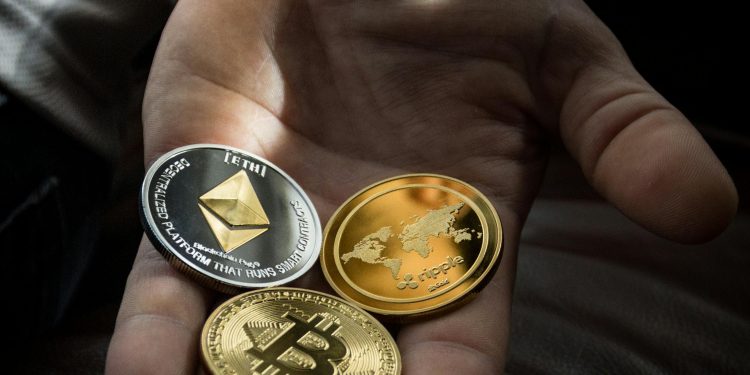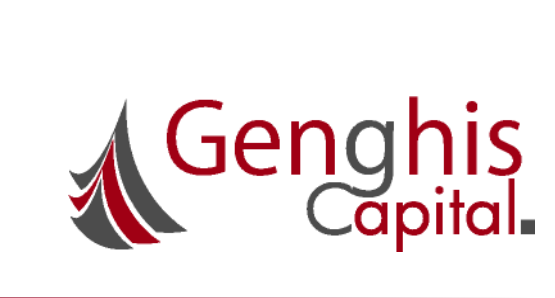You’re sitting in a matatu, scrolling through your phone, and you come across a post from a friend who just made a 50% return trading Bitcoin. You’ve been hearing about crypto exchange for years, but it always felt like something too complicated some digital money that only tech geeks understand.
Kenyans are trading it. Businesses are accepting it. Your friend just made money.
So you think, “Maybe it’s time to try this crypto thing.”
You rush to Google: “How to buy Bitcoin in Kenya.”
A flood of information hits you exchanges, wallets, P2P trading, Binance, Yellow Card, crypto scams, people losing money. Suddenly, you’re lost.
Where do you start?
Which exchange is safe?
How do you know you won’t get scammed?
If this sounds like you, you’re in the right place. This guide will walk you through everything you need to know from why you need an exchange, what it does, to how to choose the safest one.
By the time you’re done reading, you’ll know exactly how to get started safely.
In this article
Why Do You Even Need a Crypto Exchange?
Before you choose a crypto exchange, let’s start with the basics.
Imagine you want to buy dollars. You wouldn’t just walk into a random shop and ask someone to sell you dollars, right? You’d go to a Forex bureau or a bank, a place that’s regulated and trusted.
Crypto exchanges work the same way. They are the digital version of a forex bureau, but instead of exchanging shillings for dollars, you’re exchanging shillings for Bitcoin or USDT
What Does a Crypto Exchange Do?
- A crypto exchange helps you:
- Buy & Sell Crypto – Whether you want Bitcoin, Ethereum, or USDT, this is where you trade
- Store Your Crypto Safely – Some exchanges have secure wallets
- Send & Receive Payments – If you need to send money across borders, some exchanges like Yellow Card make this easy
- Trade & Invest – You can grow your money by trading different cryptocurrencies
But here’s the problem, not all exchanges are safe. Some are scams, others are too complicated, and some have hidden fees that eat your money.
So, how do you pick the right one?
The Highs & Lows of Crypto in Kenya
Before we get into choosing an exchange, let’s talk about what’s been happening in Kenya’s crypto world.
The Highs:
- Kenya is ranked 5th in the world for crypto adoption
- More people are using Bitcoin & USDT for cross-border payments
- Companies like Yellow Card, Binance, and Paxful are making crypto easier to access
The Lows:
- Many Kenyans lose money to scams & Ponzi schemes
- The government hasn’t fully regulated crypto, so people don’t know what’s legal
- Some exchanges freeze accounts without warning, leaving people stuck
All of this makes choosing the right exchange even more important.
How to Choose a Secure Crypto Exchange in Kenya
Now, let’s get to the real stuff, how to pick a crypto exchange that’s safe, easy to use, and won’t steal your money
Is the Exchange Licensed & Regulated?
Would you trust a bank that isn’t licensed by the Central Bank of Kenya? No.
The same logic applies to crypto exchanges.
- Look for exchanges that are licensed to operate in multiple countries
- Check their history has the exchange ever been hacked or shut down?
- Does it follow Know Your Customer (KYC) & Anti-Money Laundering (AML) rules?
An Example is: Yellow Card is licensed in multiple African countries and follows global security standards.
How Secure is Your Money?
Imagine putting your savings in a bank, then waking up one day to find the bank hacked and all your money gone.
That’s why security is non-negotiable when choosing a crypto exchange.
- Two-factor authentication (2FA) adds an extra security layer
- Cold Wallet Storage keeps most of your crypto offline, away from hackers
- Insurance Policy Some exchanges have insurance to protect customers’ funds
Binance & Coinbase uses cold wallets & security insurance to protect user funds.
How Easy Is It to Deposit & Withdraw Money?
What’s the point of trading if you can’t withdraw your money easily?
- Does the exchange allow M-Pesa deposits & withdrawals?
- Can you withdraw directly to your bank?
- Are the withdrawal fees high?
Yellow Card allows direct cashing in & out using M-Pesa making it the most user-friendly exchange in Kenya.
What Are the Fees?
Some exchanges look cheap but hide fees in the fine print.
- Trading Fees: How much does it cost to buy/sell crypto?
- Withdrawal Fees: Some exchanges charge extra for withdrawals
- Hidden Charges: Always check the terms & conditions
Yellow Card has zero deposit fees and some of the lowest withdrawal costs in Africa.
Does the Exchange Have Good Customer Support?
When something goes wrong, you don’t want to be stuck with a bot or an email that never gets answered.
- Does the exchange have 24/7 customer service?
- Do they have real reviews from real users?
Yellow Card has a dedicated support team in Africa, so you’re talking to real people, not robots.
Conclusion
Crypto isn’t just the future, it’s already here. But just like with banks, where you store your money matters. Choosing a secure crypto exchange ensures that your investment is protected, your withdrawals are easy, and you don’t fall into scams.




